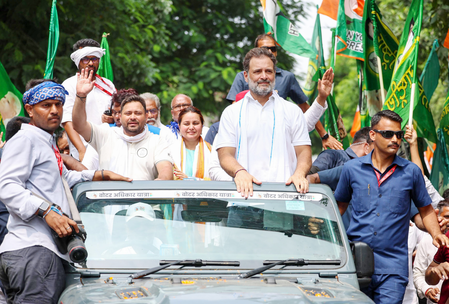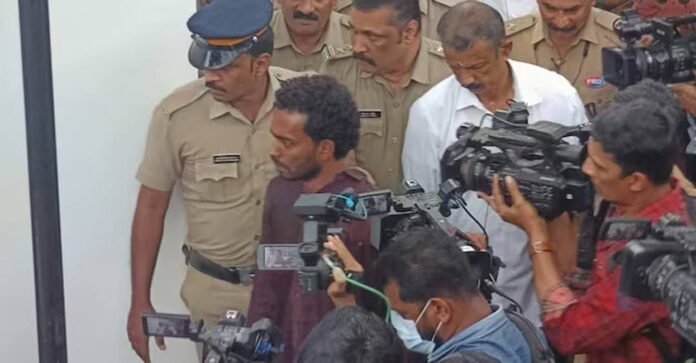Bihar’s upcoming Assembly elections are heating up as opposition parties face intense rivalries — even within their own coalition, the Mahagathbandhan. The alliance, which pulls together several major parties, is now expected to battle each other over more than a dozen seats. If the candidates refuse to cooperate, the election could turn into a chaotic split‑vote affair that might weaken the opposition’s overall chances.
The state is set for a two‑phase election in November. While the second phase will still be open for nominations, the deadline for these internal contests extends by one more day. This window gives the parties a chance to settle disagreements, but the growing tension shows that unity has been hard to keep.
Meanwhile, the Jharkhand Mukti Morcha (JMM), a key member of the INDIA bloc, has chosen to run alone in six Bihar seats. JMM’s general secretary Supriyo Bhattacharya accused the bloc of betrayal after the party failed to secure an agreement with its allies. He warned that if the JMM wins, it will insist on being part of any new government in Bihar. This stance has strained relations with the Rashtriya Janata Dal (RJD) and could impact the current Jharkhand government led by Hemant Soren.
Tejashwi Yadav, the RJD’s de‑facto chief, is now the main negotiator for seat‑sharing. His influence has grown since he became the largest single party in the opposition bloc. Yet the split within the INDIA coalition shows how fragile alliances can be.
The pattern of division is not unique to Bihar. In Jharkhand, the Communist Party of India (CPI) broke ties with the INDIA bloc during the 2024 Lok Sabha elections, choosing to contest eight of the state’s 14 seats on its own. The CPI doesn’t hold any Lok Sabha seat from the state, but its move signals a wider fragmentation among opposition groups.
West Bengal’s political scene has completely unraveled the INDIA alliance. Trinamool Congress (TMC), led by Chief Minister Mamata Banerjee, has refused to partner with either the Congress or the CPI for parliamentary and assembly contests. The TMC even fielded former cricketer Yusuf Pathan for the Lok Sabha seat in Berhampore, drawing strong support from minority voters and defeating the Congress-backed Adhir Ranjan Chowdhury.
In Kerala, the INDIA coalition fought for two key Lok Sabha seats. The Congress, reregistered with a prominent figure like Rahul Gandhi, faced rivals from the CPI and Left parties. In Wayanad, the CPI’s Annie Raja challenged Congress’s usual presence, while in Thiruvananthapuram, Pannian Ravindran stood against Tharoor’s strong candidature. Although the BJP’s Rajeev Chandrasekhar trailed Shashi Tharoor by about 16,000 votes, Ravindran lost by a larger margin, underscoring the tough competition.
Back in Bihar, the likelihood of “not‑too‑friendly” contests threatens to dilute the opposition’s impact. As parties fight over seats, voter choice may become confusing, and the BJP‑led National Democratic Alliance (NDA) could win over a fragmented anti‑NDA vote. The political calendar is now set for a tense, unpredictable election that will test the strength of coalition politics across four key states.
Source: ianslive
Stay informed on all the latest news, real-time breaking news updates, and follow all the important headlines in world News on Latest NewsX. Follow us on social media Facebook, Twitter(X), Gettr and subscribe our Youtube Channel.



